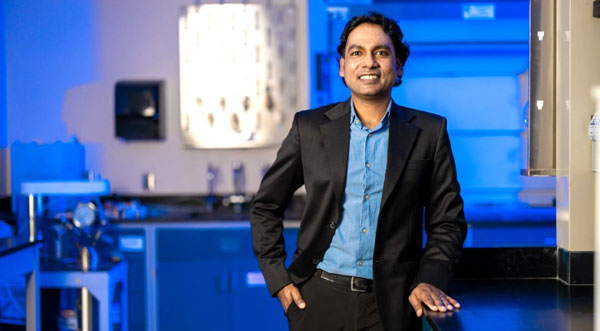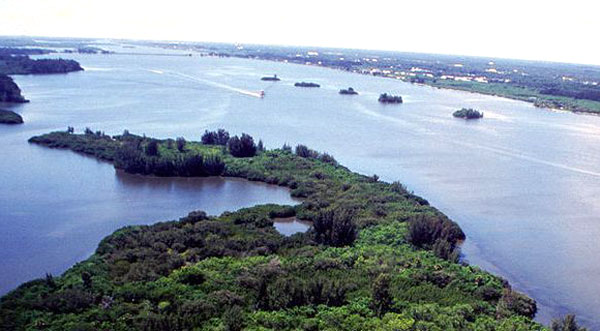Florida Tech’s Dr. Toufiq Reza: Turning ‘Waste’ into ‘Resources’ and How You Can Help
By Toufiq Reza, Florida Tech assistant professor, biomedical and chemical engineering and sciences // February 28, 2022
Upcycling Waste Into Valuable Products

BREVARD COUNTY • MELBOURNE, FLORIDA – With a rapidly growing world population already over 8 billion people, the world faces two significant challenges in its immediate future: waste remediation and global warming.
My research group at Florida Tech applies fundamental chemical engineering concepts to recover energy and value-added products from unwanted wet and dry wastes. This is a win-win-win situation for the community, industry, and environment.
Our targeted wastes include municipal solid waste (MSW), human waste, agricultural waste, and waste plastics.
Along with the environmental benefits, these particular wastes allow favorable process economics, as they are all that we call “negative-value feedstocks.” This means the waste producers are paying us in the form of a “tipping fee” to dispose of/utilize their wastes.
When it comes to upcycling wastes, there is no “one size fits all” technology. We need to understand the source, quality, composition, variability, and availability of waste to propose value-added applications.
For example, MSW is rich in organics, but it is also wet and heterogeneous. At Florida Tech, we are upcycling MSW to renewable natural gas and activated carbon materials in a National Science Foundation (NSF) project.
Renewable natural gas can be injected into a natural gas pipeline, which will reduce our dependency on fossil fuels. Highly porous functionalized activated carbons have shown tremendous potential to capture carbon dioxide. We believe that adding value to the waste could potentially divert MSW from landfills.
Eutrophication, or excessive richness of nutrients in a body of water, is believed to be a major contributor to harmful algal blooms (HABs), and improper disposal of animal manure and human waste often leads to eutrophication.
With funding from the U.S. Department of Agriculture (USDA) and the Sugar Bush Foundation, we have been developing a new technology called “hydrothermal treatment,” which recovers nutrients. This way, we are less reliant on inorganic fertilizers and can potentially close the loop of the nutrient cycle and prevent HABs in the long term.

However, HABs are already a threat to Florida’s coast, as well as to the Great Lakes. To control HABs in the short term, we are studying the efficacy of biochar on the adsorption of HAB species and corresponding toxins.
Our research efforts to control and mitigate HAB outbreaks have been funded by the USDA, U.S. Environmental Protection Agency, and Florida Sea Grant.
Waste plastics are undoubtedly a major threat to the environment. Although recycling has improved significantly over the past years, most plastics are still non-recyclable.
Our research group has been developing a chemical recycling process called solvothermal conversion, where these plastics are depolymerized into monomers, chemicals, and fuels. SolvX is versatile and can accept mixed plastics as well contaminated plastics. SolvX could be a game-changer and could have a potential impact on waste plastic remediation.
In our research group, we believe “wastes” are “resources.” With proper technologies, they can be upcycled into value-added products. With the world’s limited resources, we need to close “waste loops” to leave a better world for future generations.
Toufiq Reza is an assistant professor in the biomedical and chemical engineering and sciences department and is in the top 2% of researchers in the world, according to the 2021 Stanford Report. His research focuses on transforming waste into energy and materials.
CLICK HERE FOR BREVARD COUNTY NEWS














